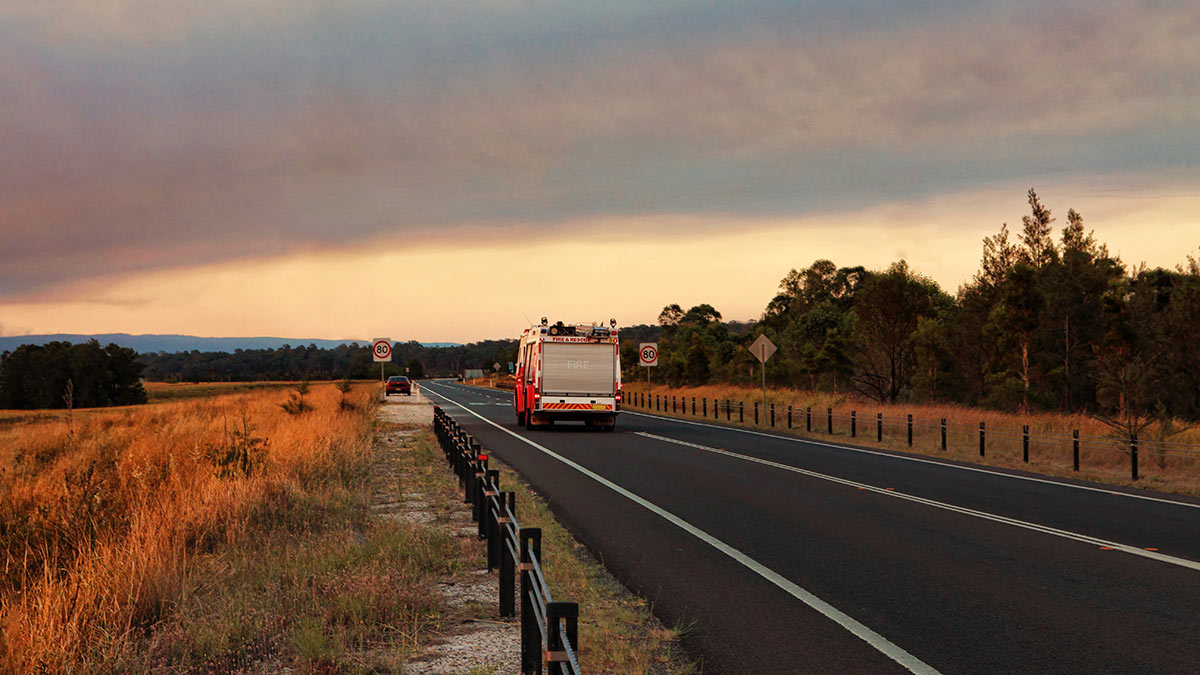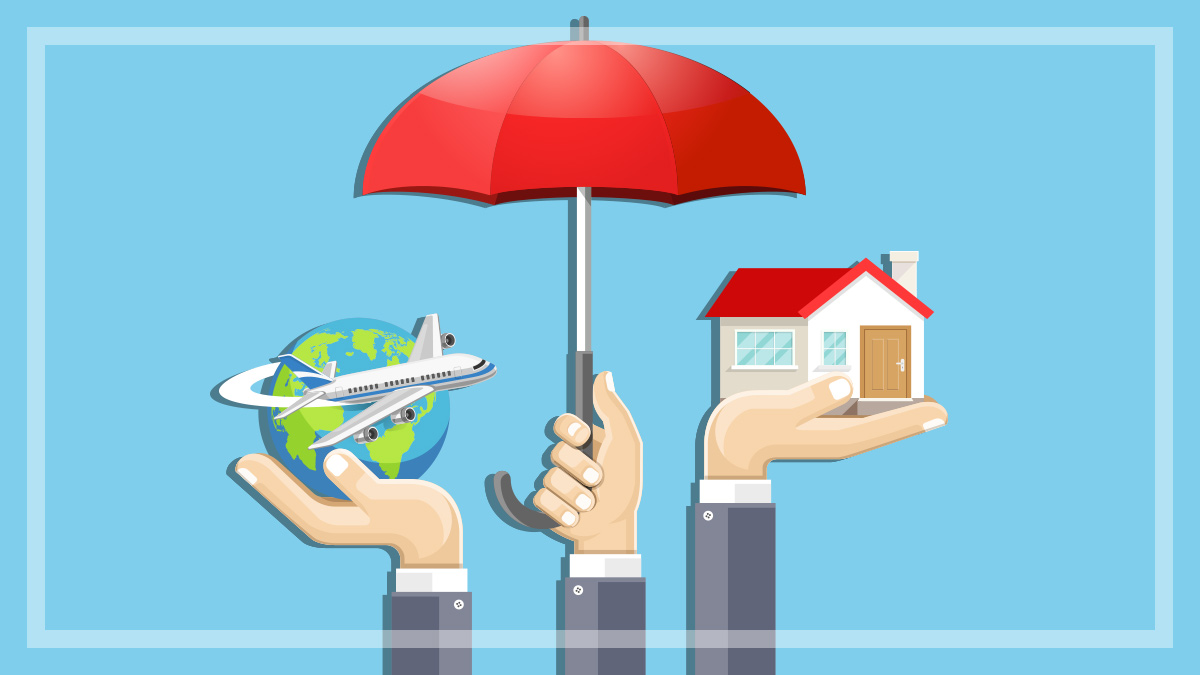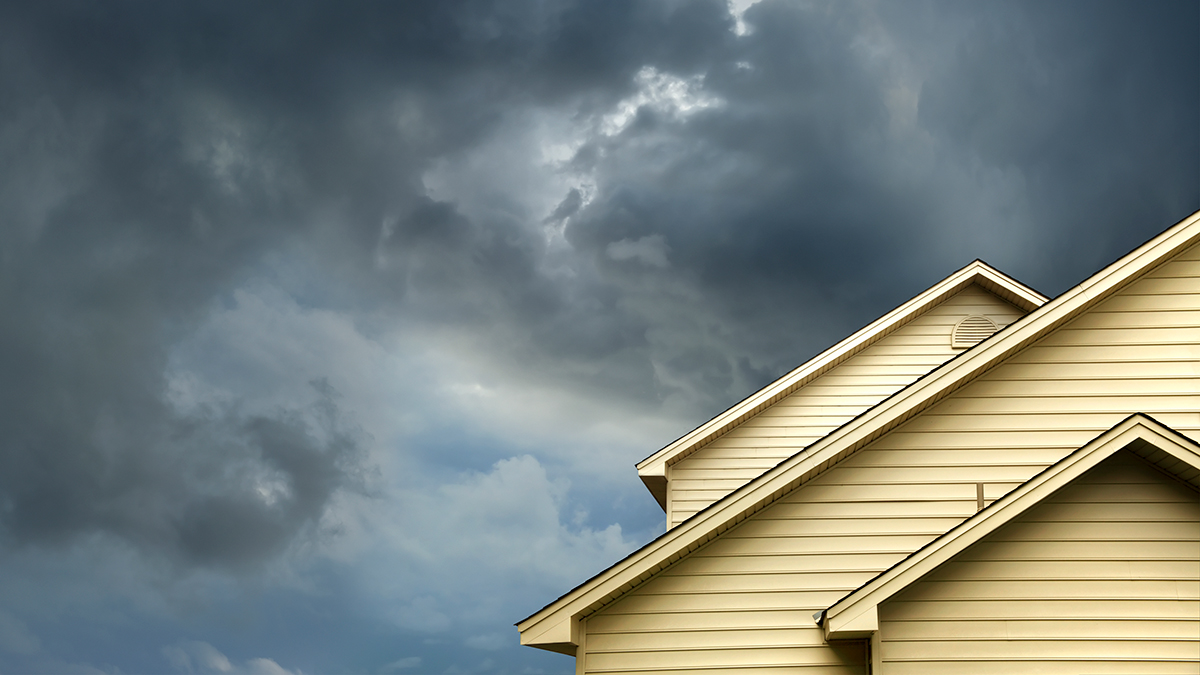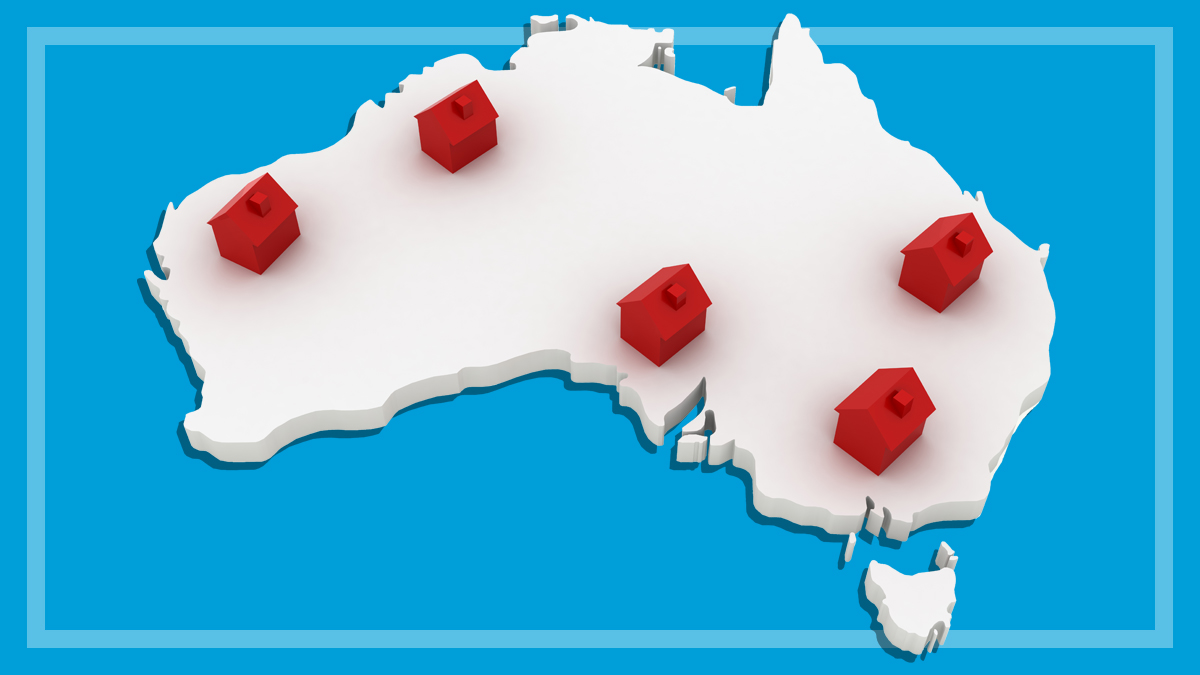Fire and flame: Does fire insurance cover you?
There is no standard definition for fire insurance in home and contents insurance.
Last updated: 14 Dec 2023
Need to know
- Policyholders are normally protected against bushfires but other heat-related fire damage is often not covered by home insurance
- There is a standard definition across insurers for flood cover but there is no standardised definition for fire insurance
- Many policies include only little cover for fire damage to your outdoor furniture and garden
Fire insurance is included in all home and contents insurance policies, but what does it actually mean? It turns out that what you’re covered for is defined in many different ways.
“Insurance policies are complex, with considerable variation in terms and conditions. In 2012, the federal government introduced a standard definition for ‘flood’ after many people found out they weren’t insured following floods in 2010–2011,” says Bea Sherwood, CHOICE Senior Policy and Campaigns Advisor.
“Flood now means the same thing in every insurance policy, but we can’t say the same thing for other natural disasters like fires.”
The lack of standardised terms for fire insurance among insurers means claims can be open to interpretation – which could end up giving you a nasty shock.
CHOICE is campaigning for better cover when it comes to fire insurance, and we’ve already seen some positive changes: “We need to get ahead of this issue and introduce standard definitions for all natural disasters, including fire. People should feel safe knowing they’ll be covered if the worst happens,” says Sherwood.
“In October 2022, the federal government announced that it will develop standard definitions for certain natural hazards in insurance contracts. This is a welcome development and we look forward to seeing it come to fruition.”
Fire insurance definition traps: Fire without a flame
Many home insurance policies don’t cover you for scorching and melting if there is no flame. That means you’re not covered for things like a cigarette burn on the sofa or if a heater topples and damages the carpet.
What makes this even more complicated is that every insurer phrases ‘fire cover’ differently. For example, under fire insurance:
- GIO, AAMI, Apia and Suncorp don’t cover you for arcing, scorching, melting or cigarette burns unless the fire spreads
- Youi doesn’t cover glowing, heat, smouldering, scorching or melting where there is no flame
- RAA doesn’t cover scorching or heat where there is no fire
- NRMA doesn’t cover scorching or melting where there is no flame.
And there are many insurers with product disclosure statements that aren’t clear, so you don’t know if you’re covered for fire-related damage if there wasn’t an actual flame.
While cheaper insurance policies don’t tend to cover fire or heat damage without a flame, the more expensive accidental damage policies often do. These include insurers such as:
- AHM
- Allianz
- Australian Seniors
- Bank of Melbourne
- BankSA
- Budget Direct
- Everyday Insurance
- Great Southern Bank
- Huddle Comprehensive
- Hume Bank
- ING
- NAB
- National Seniors
- RACT
- Real Insurance
- Qantas
- St.George
- TIO
- Virgin Money
- Westpac.
Fire insurance exclusions to look out for
- No cover for loss/damage to heat-resistant items (if it ignites) or no cover of an item that is designed to be exposed to heat; this means if your heater or dryer ignites, it’s not covered.
- No cover for loss/damage to floor coverings damaged by open fire, combustion heater or stove.
- No cover for items intended to have fire in them, if fire damage is limited to those items.
- No cover for loss/damage caused by heat, ash, soot or smoke from a fireplace or fire pit.
Fire insurance cover gaps
While your house is usually covered in the event of a bushfire, the cover for your garden and outdoor furniture can be very limited.
Cover for your garden
While no policy excludes fire from garden cover, many policies do not cover gardens at all and the ones that do are unlikely to cover the full restoration of a manicured and carefully tended garden after a fire. Cover starts at $500 overall and goes up to $5000, and may be limited to $200 per garden bed, plant, hedge, shrub or tree.
Contents cover in the open air
It’s also very important to look at the amount covered in the fire cover of your home and contents insurance policy, especially if you have expensive outdoor furniture, a barbecue or an above-ground pool.
Fire cover starts from $1000 overall up to the full contents sum insured. And some policies have sub limits per item or for events such as theft. However, with some policies you can buy optional extra cover.
Confusingly, instead of clearly excluding fire cover, some policies instead specify a list of insured events for contents in the open air that does not include fire.
Progress since 2020
CHOICE investigated the cover for fire in home and contents insurance policies in the wake of the 2019/2020 bushfires and found that 70% of the policies we analysed contained “confusing, unfair or unclear” fire insurance definitions. Some policies excluded damage from “heat, soot, smoke or ash”, others set unfair limits on the distance of a fire from a property (such as 10 meters), and some failed to adequately define “fire” at all.
The CHOICE campaign on behalf of 47,000 supporters won commitments from all Australian insurers to make their fire definitions fairer, and as a result of this, insurance policies now include better cover for bushfires.
Related
Uta worked at CHOICE from 1998-2024, finishing as a senior content producer with the money and travel team.
You can find Uta on LinkedIn.
Uta worked at CHOICE from 1998-2024, finishing as a senior content producer with the money and travel team.
You can find Uta on LinkedIn.







